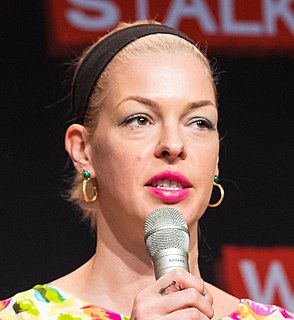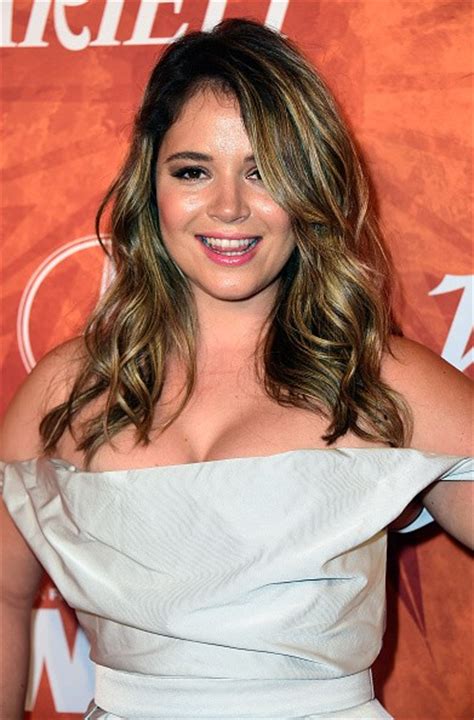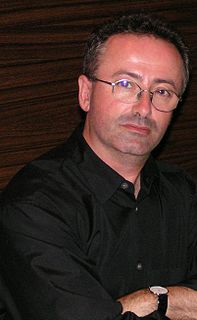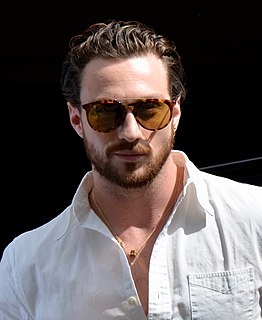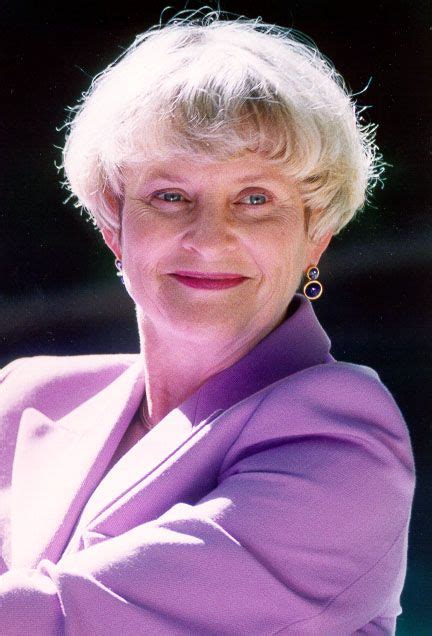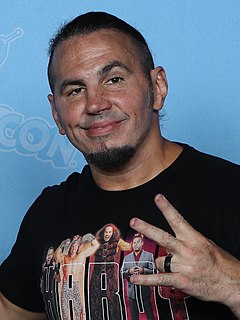A Quote by Pollyanna McIntosh
Related Quotes
To say anything about women and men without marking oneself as either feminist or anti-feminist, male-basher or apologist for men seems as impossible for a woman as trying to get dressed in the morning without inviting interpretations of her character. Sitting at the conference table musing on these matters, I felt sad to think that we women didn't have the freedom to be unmarked that the men sitting next to us had. Some days you just want to get dressed and go about your business. But if you're a woman, you can't, because there is no unmarked woman.
We think of a feminist as someone a woman becomes in reaction to personal indignities and social injustices. But the truth is, such inequities only awaken her to the feminist she has always fundamentally been - that is, a person who understands that her first responsibility is to her own humanity. That's why, for my money, the first known use of the word 'feminist' is still the best, appearing in an 1895 book review: a woman who 'has in her the capacity of fighting her way back to independence.
I think I was a feminist before the word was invented. By the time I came across feminist books by American or European writers, I realised that there was an articulate way or a language to express all these feelings that I had had for years and years and so I became a raging feminist as a young woman.
Naturally my stories are about women - I'm a woman. I don't know what the term is for men who write mostly about men. I'm not always sure what is meant by "feminist." In the beginning I used to say, well, of course I'm a feminist. But if it means that I follow a kind of feminist theory, or know anything about it, then I'm not. I think I'm a feminist as far as thinking that the experience of women is important. That is really the basis of feminism.
When I learnt, however, that in 1911 there had been twenty-one regular feminist periodicals in Britain, that there was a feminist book shop, a woman's press, and a woman's bank run by and for women, I could no longer accept that the reason I knew almost nothing about women of the past was because there were so few of them, and they had done so little.
Naturally, my stories are about women - I'm a woman. I don't know what the term is for men who write mostly about men. I'm not always sure what is meant by 'feminist.' In the beginning, I used to say, 'Well, of course I'm a feminist.' But if it means that I follow a kind of feminist theory, or know anything about it, then I'm not.
There is a true feminist movement in Buddhism that relates to the goddess T?r?. Following her cultivation of bodhicitta, the bodhisattva's motivation, she looked upon the situation of those striving towards full awakening and she felt that there were too few people who attained Buddhahood as women. So she vowed, 'I have developed bodhicitta as a woman. For all my lifetimes along the path I vow to be born as a woman, and in my final lifetime when I attain Buddhahood, then, too, I will be a woman.'
